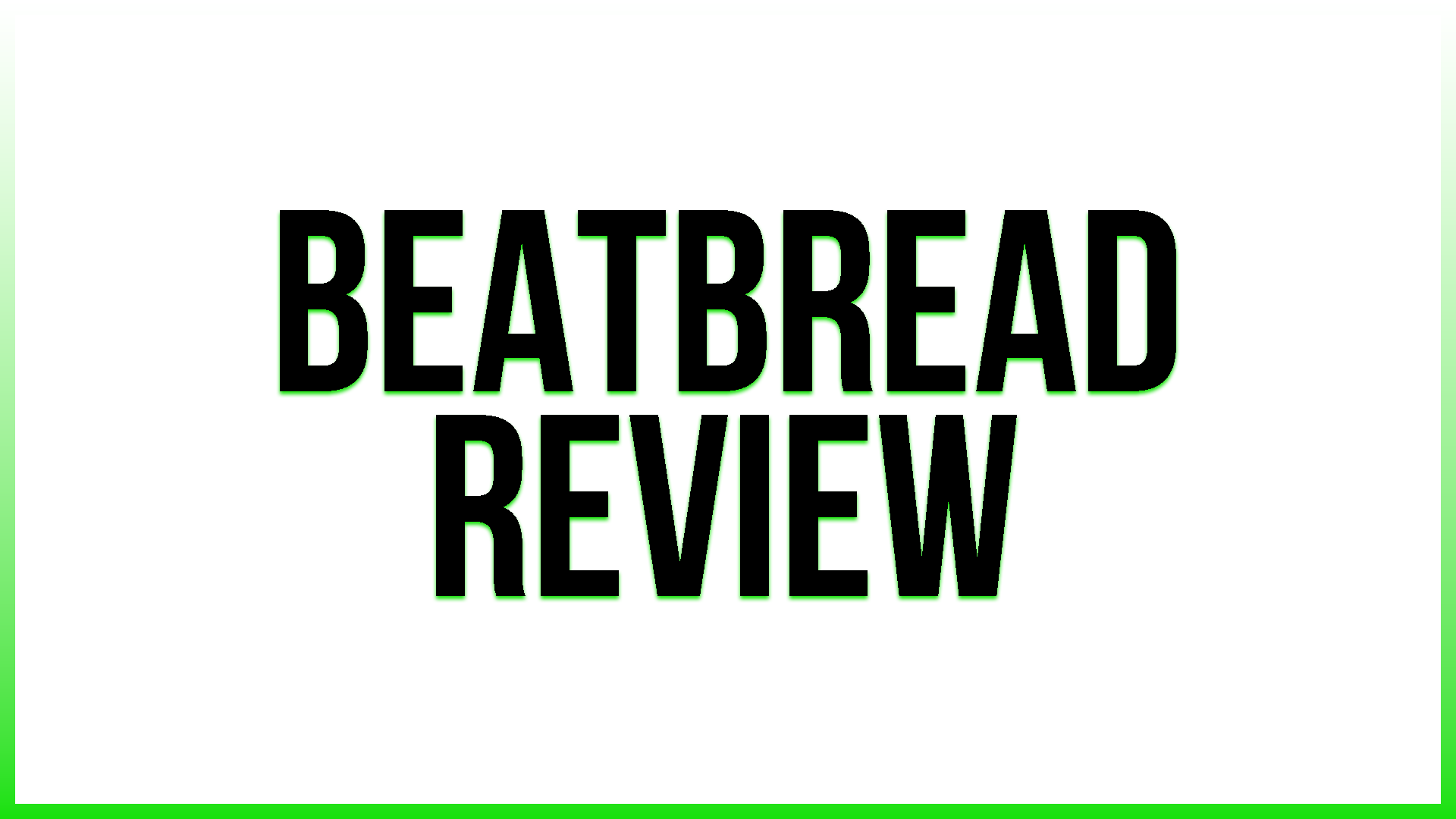BeatBread Review: BeatBread Review: You Pay More Than You Get, Every Time
By Payusnomind · Jan 7, 2025
Free

What Is BeatBread?
BeatBread is a service that offers music rights holders advances based on their catalog's royalty earnings; Not projections, not potential, just what their music is already bringing in. That means:
-
No credit check
-
No sales forecasts
-
No label deal required
But also:
-
No upside for overperformance
-
No extra funding if you need more than what your catalog is worth
You're not getting what you need. You're getting what you've already earned, just in a lump sum with fees baked in.
How BeatBread Works
If your catalog generates $1,000/year from Spotify, Apple Music, and other DSPs, you might qualify for an advance of $890 with a one-year term. Here's what that might look like:
-
Origination Fee (for issuing the advance): $278
-
Interest Add-On: 2.8% of $890 = $24.92
-
Total to Repay: $1,193
-
Recoupment Rate: 89% - Every dollar collected only counts as $0.89 toward your advance. By the end of the term, provided it takes you the full term to recoup, they've collected an additional $110 by retaining 11% of the $1,000 in royalties they've received. This brings your true total to: $1,302.92, and the total cost of the advance to $412
That’s an interest rate of over 46%. For reference, the average U.S. credit card interest rate is around 24%. What BeatBread charges is nearly double the average credit card interest rate.
Rights holders can increase the advance amount, but it comes with extended terms. The more they give you, the longer the term. BeatBread ties the term length to your recoupment rate; Extending it lowers your rate. The maximum term for the offer I was given was 8 years. That dropped my recoupment rate to 59% - each dollar BeatBread collected would only count as $0.59. That would leave 41% of my royalties for BeatBread to collect in profit on top of me recouping the advance and paying its fees.
What If You Pay Early?
BeatBread’s FAQ doesn’t address early repayment terms at all. That’s a red flag. Previously, they stated that they continue to collect but may reduce their equity stake. Likely, that's still the case. That can turn a bad deal into a predatory one.
What Does BeatBread Collect?
BeatBread takes royalties from:
-
Your distributor (Spotify, Apple Music, etc.)
-
SoundExchange (Pandora and other digital radio)
They do not touch:
-
Publishing royalties
-
Merch sales
-
Direct downloads from your website
So if you have other revenue streams, those stay untouched, one of the few real upsides here.
Pros & Cons
Pros
-
No credit check: Based solely on your catalog’s performance.
-
No credit impact: Doesn’t show on your report.
-
Keep your masters: You retain ownership.
-
Non-catalog income stays yours: Publishing, merch, and direct sales aren’t included.
Cons
-
High fees: You’ll pay 30–70% more than you borrow - maybe more.
-
Origination fee + interest + rev share: Triple-layered costs.
-
Early payoff unclear: Possibly ongoing collection even after repayment.
-
No actual “funding”: You’re borrowing what your catalog already makes, not what you need.
-
No partnership: They don’t help grow your value; they just collect.
Final Assessment
BeatBread buys an equity stake in your royalties and has you fund it. You're given an advance of what you already earn, in exchange for a percentage of it. If you have to pay back what they gave you, they get an equity stake without paying anything. The interest rate is applied to your revenue rather than the advance. This creates a dynamic where the more you earn, the more you pay. The interest/equity stake may stick for the entire term, even if you recoup early.
Follow Up
Want to run your numbers and see what a BeatBread advance might look like for you? Use our Finance Calculators --> https://payusnomind.info/advance
You can also compare other funding types: Business Loans, Credit Cards, and more...
Want guidance on funding options? Book a Consultation --> https://payusnomind.info/consultation